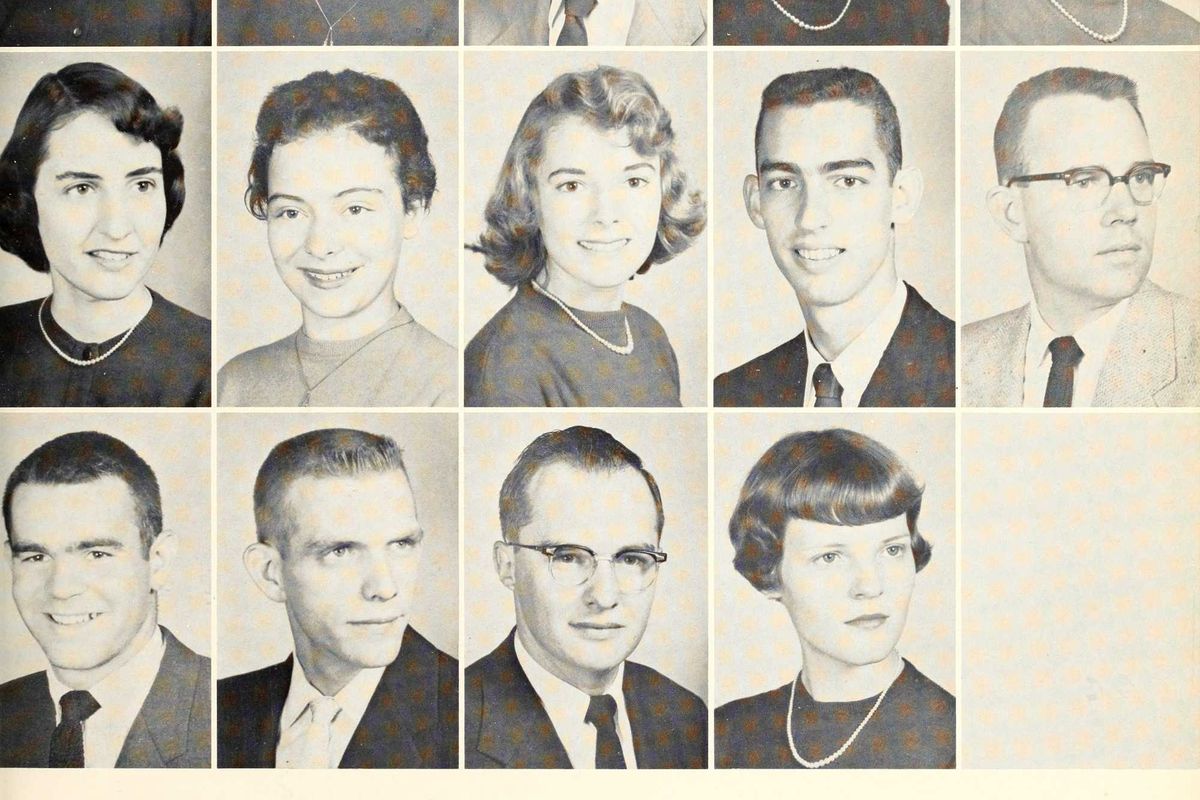New psych study reveals what helps older people live happier lives: Investing in the young
Contributing to the next generation benefits all generations

Older people benefit from investing in, offering experience, and hanging with younger folks.
When we get older, we want to get better. Sure, we will tire more quickly and more often than our younger selves, but that doesn’t mean we want our later years to be ones of boredom, solitude, and stagnation. Well, a recent study is showing the secret to a more fulfilling and happier life when you become a senior. The answer? Giving back to the youth.
A study published in the The Journals of Gerontology: Series B is showing that the majority of seniors that live healthier, happier, and more fulfilling lives express a trait known as “generativity.” Generativity is a concern for people aside from family, most notably younger generations. It’s the desire to engage and guide with the “whippersnappers” on a societal level through social interactions and service.

“Contrary to popular perceptions of old age as a period of decline and inactivity, a growing body of empirical research and the lived experiences of many people reveal a different reality,” said Mohsen Joshanloo, the author of the study and an associate professor at Keimyung University. “Old age can be a time of fulfillment, productivity, and meaningful social contribution, with generativity playing a critical role in promoting active and successful aging.”
The traits within older people who practice generativity are also ones that happen to make a person happier and more whole during their senior years. They are more energetic and active, usually due to having more social connections with people from different generations and thus being more physically active to keep up with them. Generativity also tends to make elders more open to new experiences and encourage curiosity, which in turn gives them more exposure to different kinds of people from different demographics. Their willingness to share their wisdom and experience with the youth promotes more cognitive function to keep up with them, and engaging conversations keep the brain more practiced and elastic.
In short, the best thing we can do for ourselves for our lives as we get older is to team up with folks who are younger!

If you have scrolled through the internet on your phone, you are bound to have seen a wide variety of boomer versus Millennial versus Gen Z and back again articles, videos, TikToks, and other forms of content. You may have even read or seen some of them here on Upworthy. But while many of these articles are intended to be good fun in poking at the various generational “teams,” there are also many that focus on the division and derision among them.
But every generation eventually gets old. It’s for the best everyone involved to push aside stereotypes and look at what we can offer the generation below us. After all, in exchange for experience to the youth, the youth can provide knowledge of the new. A bit of senior wisdom can provide youthful energy and execution of that wisdom. Who knows, maybe age won’t be anything really but a number?

So if you’re an older person, get involved! Join community volunteer groups with the youngsters. Have coffee with your 30-something-year-old neighbors next door. Teach that teenager across the hall how to play chess. Go to the local high school basketball game to cheer them on, even if you don’t have kids that attend there. Be “that old guy” in the yoga class.
The more exposure you have to the youth, the less likely you’ll develop preconceived notions about them. At the same time, they’ll have less preconceived notions about you in return.





 Millennial mom struggles to organize her son's room.Image via Canva/fotostorm
Millennial mom struggles to organize her son's room.Image via Canva/fotostorm Boomer grandparents have a video call with grandkids.Image via Canva/Tima Miroshnichenko
Boomer grandparents have a video call with grandkids.Image via Canva/Tima Miroshnichenko
 Smiling at work, checking messages during a break.
Smiling at work, checking messages during a break. Man focused on his phone screen, deep in thought.
Man focused on his phone screen, deep in thought. Focused multitasking at the office.
Focused multitasking at the office.